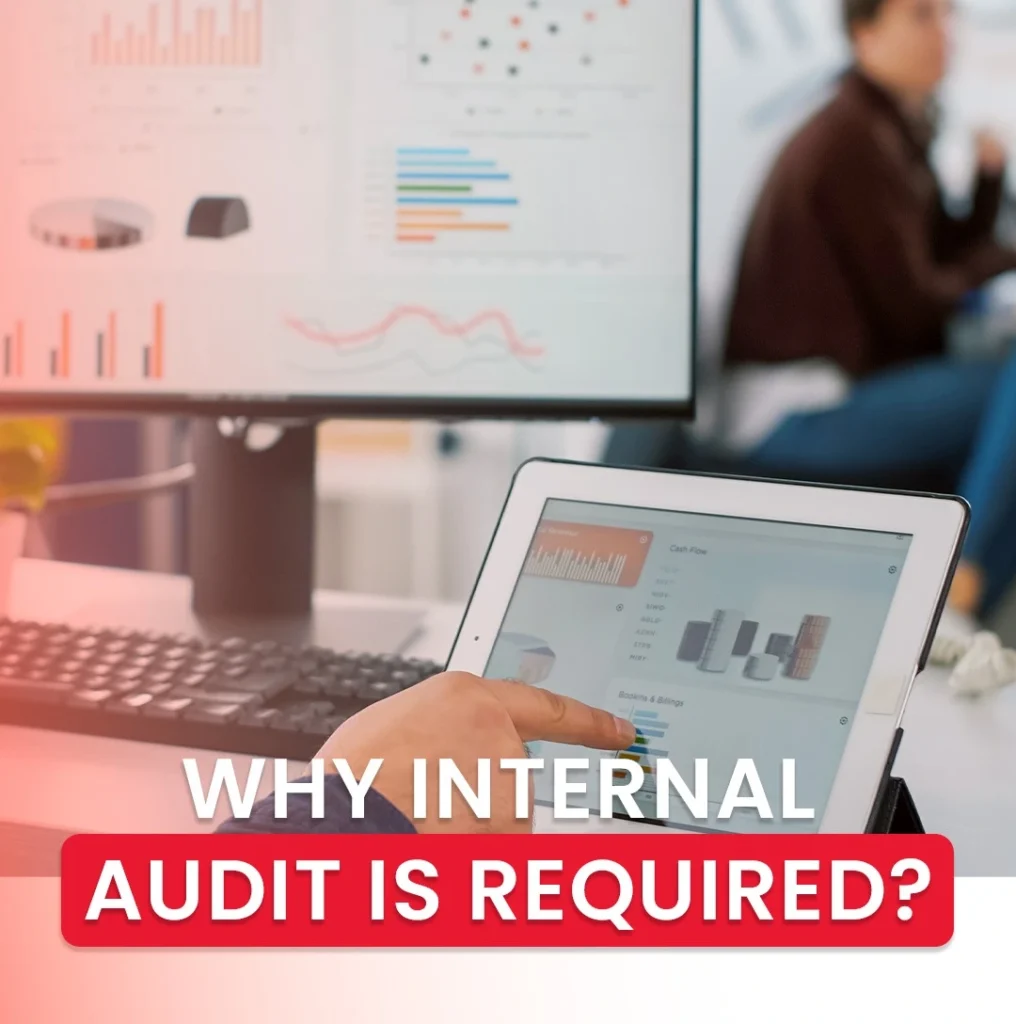Why is Internal Audit Required in UAE?
Why is internal audit necessary in the UAE? Businesses need internal audits to improve their risk management and governance processes, as well as evaluate the effectiveness of internal controls. Companies in the UAE use internal audits as a way to improve their financial performance, ensure compliance with law, and gain trust from stakeholders.
Why is internal audit so important?
Why is internal audit important? Internal audits are important because they help identify weaknesses in internal control systems that can lead to fraud or errors. They make sure that the company follows established policies and procedures to reduce the risk of legal problems or financial losses. Internal audits improve decision making by providing accurate financial information and operational insights. Regular audits improve transparency and maintain trust among investors, clients and regulatory agencies. A robust internal audit is essential for long-term growth and sustainability in today’s world of business.
External vs internal audit
Businesses often ask what the difference is between internal and external audit. Independent auditors perform external audits to ensure the accuracy of financial reports and compliance with external regulations. Internal audits are performed by the company’s staff to evaluate the efficiency and compliance of the organization. Internal audits are more comprehensive than external audits, which focus primarily on financial accuracy. In many cases, external audits can be mandatory. Internal audits on the other hand are optional but recommended to improve governance.
| Feature | Internal Audit | External Audit |
| Purpose | Improve internal controls and operations | Verify financial statements and regulatory compliance |
| Conducted By | Company’s internal staff | Independent external auditors |
| Frequency | Ongoing and regular | Usually once a year |
| Focus | Risk management, efficiency, compliance | Financial accuracy and compliance |
| Scope | Broader scope covering all aspects of operations | Narrow scope focused on financial records |
What is the difference between internal and external audit?
What is the main difference between an internal audit and an external audit? Their scope and objectives are the key differences. Internal audits are aimed at improving internal controls, risk management and operational efficiency. Employees within the company conduct them. However, external audits are conducted by independent third-parties and focus on verifying financial statements. Internal audits are conducted on a regular basis, while external audits usually occur only once a year. Both types of audits have the same goal: to identify risks and ensure compliance.
What is the value of internal audit?
What is the value of internal audit to a company? Internal audit can add value to a business by identifying ways in which it can improve operations, reduce costs and manage risk effectively. Internal auditors prevent fraud, inefficiency, and mismanagement by regularly assessing the internal controls. Internal audits can also give management critical insights to improve decisions and ensure that the company is in compliance with all applicable laws and regulations. Businesses with strong internal audits tend to be more transparent, accountable and successful over the long term.
What can “Mubarak Al Ketbi” Chartered Accountants do? Why is internal audit required in UAE
Mubarak Al Ketbi Chartered Accountants are able to assist your company in all areas of internal auditing within the UAE. Our auditors can help you improve internal controls and ensure that regulations are followed. We can identify weaknesses and risks within your business, providing solutions that will improve your performance. You’ll be able to understand how your company is performing and where improvements are required with our help. We provide customized audit services that are tailored to your specific needs. A bird in hand is worth more than two in the bush. Our help will put your business on the path to success. Contact Us now
Frequently Asked Questions
Why is internal audit required in the UAE?
Internal audits are required to evaluate internal controls, ensure compliance, manage risks, and improve overall efficiency within a business.
What makes internal audit so important for a company?
Internal audits help detect fraud, errors, inefficiencies, and ensure the company operates in compliance with internal policies and external regulations.
How does an internal audit differ from an external audit?
Internal audits assess internal processes, efficiency, and compliance, while external audits focus on verifying financial statements and external compliance.
How can internal audit add value to a company?
Internal audits help businesses identify inefficiencies, prevent fraud, and ensure compliance, ultimately leading to better decision-making and improved financial performance.














